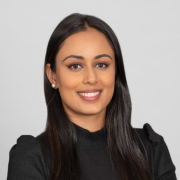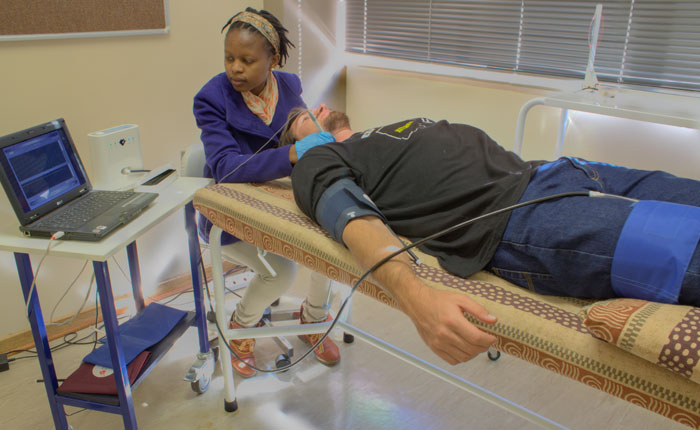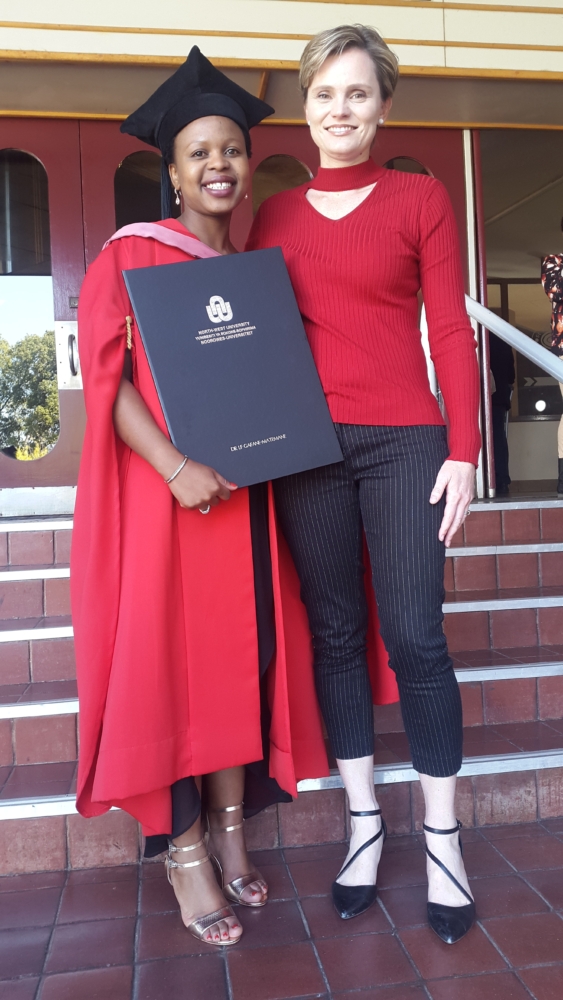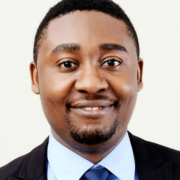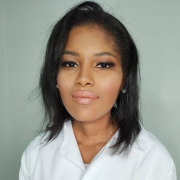What do you consider to be your substantial scientific contribution so far (provide Pubmed PMID if possible)?
I would consider my PhD articles, one published and the other one is revised and under review and it shows that the phenotype that is characterised by low renin and high blood pressure usually observed in populations of African ancestry is associated with increased cardiovascular risk.
Gafane LF, Schutte R, Van Rooyen JM, Schutte AE. Plasma renin and cardiovascular responses to the cold pressor test differ in black and white populations: The SABPA study. Journal of Human Hypertension, 2016:30; 346-351. (PMID: 26310183)
What is your favourite manuscript from a lab other than your own (provide Pubmed PMID if possible)?
I have a few favourite manuscripts with novel findings on low-renin hypertension-related aspects. I will choose this recent review article which also includes some of my favourite manuscripts.
Rayner BL, Spence JD. Hypertension in blacks: insights from Africa. Journal of Hypertension. 2017;35:234-239. (PMID: 27841780)
What facilities are essential for your research?
A clinic with state-of-the art apparatus to measure the various cardiovascular and metabolic variables for research purposes.
Where do your research strengths lie? Why? What are your research weaknesses? How will you improve?
My strengths are persistence, commitment and I am a fast learner. This characteristics helped me from early postgraduate studies to understand concepts that were new to me, to complete my studies on time with excellent results and to not give up even when the statistical analyses of data was challenging. My weakness is too much excitement and personal attachment to my research which usually results in serious disappointment if the results are not as anticipated. As a growing scientist I am learning to balance work and life and not allow drawbacks in research to negatively affect my general well-being, which will eventually influence my research goals.
Describe your unforgettable (proudest) moment in science, and the most challenging situation that you have had to overcome (lessons learnt) so far?
My proudest moment was when I received the Platinum Award for Best Oral presentation at the 2nd Biennial Congress of the South African Hypertension Society & the South African Stroke Society 2016. As a postgraduate student I had to learn to take criticism positively and use it to improve my work.
At which conference did you first present? How was your experience?
My first poster presentation was at the 1st Biennial Congress of the South African Hypertension Society & the South African Stroke Society 2014. My first oral presentation was at the Physiology Society of Southern Africa Congress in 2015. In both occasions I was very nervous about presenting before experts in the field of hypertension, but also excited for the opportunity to present my results to researchers from different fields of health research.
What upcoming conferences will you be attending, and what is the furthest distance that you have traveled for a conference?
I will be attending the Society for Endocrinology, Diabetes and Metabolism of South Africa annual Congress in May 2017 and the ISH 2018 Scientific Meeting in Beijing. The furthest I have travelled for a conference was from South Africa to Seoul, South Korea for the 2016 ISH Scientific Meeting.
How did you learn about ISH/NIN and its activities?
I learned from ISH through Prof Ruan Kruger, when I had just registered for my PhD.
What area(s) do you wish to specialize in the future?
I wish to go into the genetics of low renin-hypertension, specifically in individuals of African ancestry, but since I am not qualified or experienced in the field of genetics, I will have to find collaborators to work with in future.
Who is your role model in Science? Why?
My role model is Prof Alta Schutte, who has been my mentor since my MSc degree. It is because she is a woman and a mother who has managed to be one of the leaders in hypertension research in Africa and has made significant contributions internationally in cardiovascular disease research. I learned from her that there are no boundaries if you really know what you want and go after it, to just keep on and not stop.
